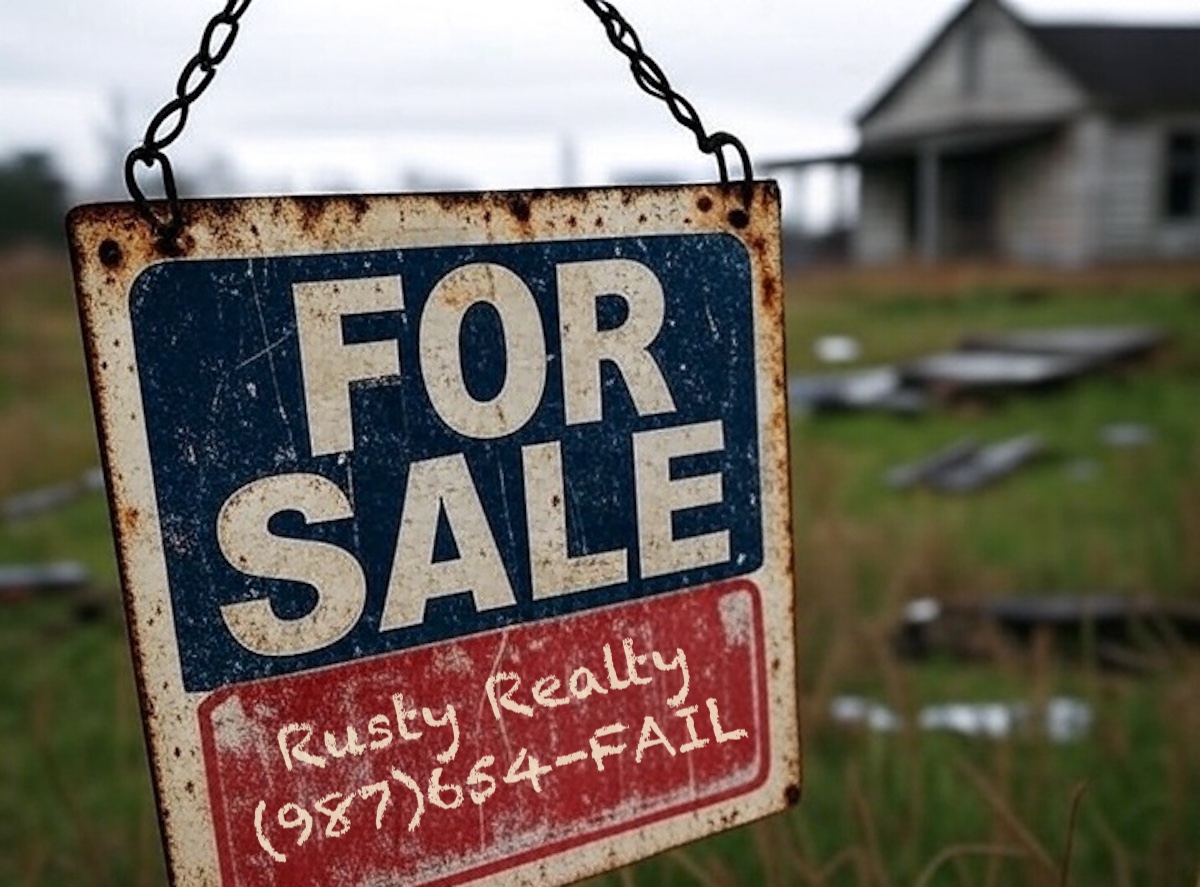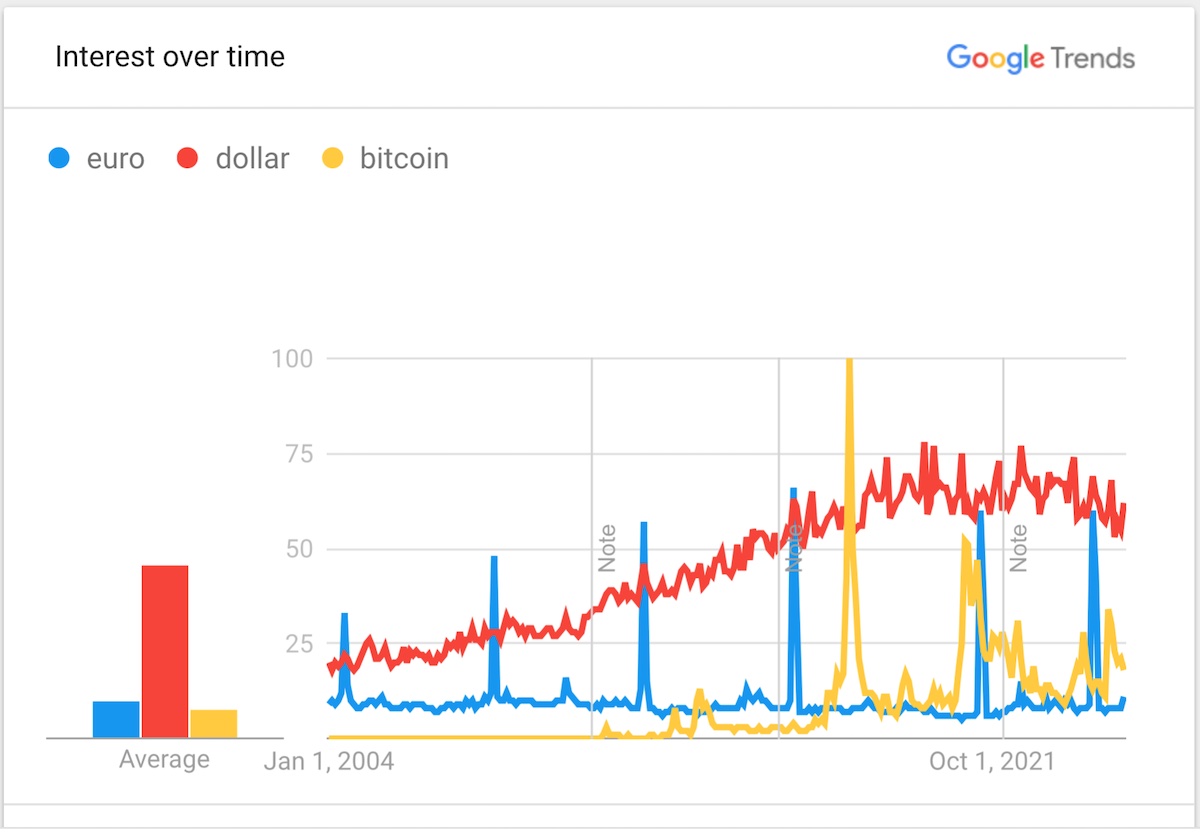REAL ESTATE NEWS (Buenos Aires) — Amidst the bustling streets of Buenos Aires, where the vibrant rhythms of tango blend with the modern pulse of a cosmopolitan city, a new narrative is unfolding. This city, rich in history and brimming with cultural allure, is emerging as a beacon of opportunity for American real estate investors. Here, in the heart of Argentina, the dynamic interplay of tradition and innovation creates a unique investment landscape, further invigorated by the economic policies of the charismatic new president, Javier Milei.
In the quaint cafes and sleek office spaces, stories circulate of savvy Americans who have already embarked on this journey, capitalizing on the burgeoning market. Their successes paint a picture of potential and promise – a testament to the allure of Argentine real estate as a frontier for growth and prosperity. As the city hums with the energy of change, these anecdotes serve as a prelude to the opportunities that lie ahead, inviting American investors to be a part of Argentina’s vibrant real estate tapestry.
The Milei Effect
“The Milei Effect” refers to the anticipated impact of Javier Milei’s economic and political ideologies on Argentina’s real estate market. Milei, known for his bold libertarian views and capitalist economics, advocates for policies that could significantly influence market dynamics. Experts suggest that his stance on economic liberalization and property rights could create a more favorable environment for foreign investment. This includes potential changes in regulations and a more open market, making it attractive for American investors. The implications of Milei’s policies are expected to be far-reaching, potentially revitalizing the market and offering new opportunities for growth and investment.
A recent article from Gateway to South America discusses the expected impact of Javier Milei’s presidency on Argentina’s real estate market. Milei’s victory is seen as a positive development for the market, with anticipation of increased property prices. This optimism is based on the expected implementation of stabilization measures and a renewed confidence in private property. The article highlights the cautious optimism among experts, who await further details of Milei’s government plan. Key topics include the potential impact of dollarization, economic variables like purchasing power and credit availability, and the implications for the construction sector. Overall, there’s a sense that Milei’s liberal policies could revitalize the market, especially in the context of Argentina’s historically deregulated real estate market.
American investors should closely watch Argentina’s real estate market due to its unique characteristics compared to the U.S. market. Argentina offers potentially higher growth rates and different market dynamics, making it an attractive diversification option. Additionally, stories of American investors who have successfully navigated and profited in the Argentine market provide real-world examples of the opportunities available. These anecdotes demonstrate the viability of such investments and offer insights into strategies that have worked in this distinct market environment.

When navigating Argentine real estate as an American, it’s essential to understand local market trends and legal frameworks. Engaging with local real estate professionals and legal advisors familiar with foreign investments can provide valuable insights. It’s crucial to be aware of Argentina’s property laws, tax implications, and currency exchange regulations. Due diligence, including a thorough title search and understanding of the purchasing process, is key to avoiding potential pitfalls. Additionally, considering property management options for rental investments and staying informed about the political and economic climate can help in making informed decisions.
Tu futuro, tu hogar, tu mejor inversión.
Most Argentinians do not speak fluent english. When doing any kind of business in Argentina, it is essential to either speak fluent Spanish or hire a bilingual real estate agent or attorney.
Americans who have successfully invested in the Argentine real estate market, including expats living in Argentina, love to share their experiences, challenges, and the strategies that led to their success. These stories offer valuable insights and practical tips for prospective investors, highlighting the unique opportunities and nuances of the Argentine market. Through these narratives, readers gain a deeper understanding of the potential rewards and considerations of investing in Argentina’s real estate landscape.
The Future Outlook
The future outlook for the Argentine real estate market under Javier Milei’s influence is cautiously optimistic. Experts predict potential growth spurred by Milei’s economic policies, which could lead to increased foreign investment and property value appreciation. For long-term investment strategies, it’s advisable to focus on diversification across different property types and locations, staying informed about local market trends, and being prepared for economic fluctuations. Continuous engagement with local experts will be crucial in adapting to the evolving market landscape under Milei’s administration.
American investors are encouraged to actively explore the evolving opportunities in Argentina’s real estate market. With the potential changes under Javier Milei’s influence, this market presents a unique landscape for growth and diversification. However, it’s important to approach with a sense of cautious optimism, fully acknowledging the dynamic and sometimes unpredictable nature of international real estate investment. Keeping informed and adaptable will be key to navigating and capitalizing on these opportunities.
One notable success story of a foreigner investing in Argentine real estate involves Sam Zell, a well-known U.S. real estate investor, and his company Equity International, along with Goldman Sachs. In 2018, they invested over $300 million in Argentine real estate, marking one of the largest foreign investments in the country’s real estate market since Mauricio Macri took the office as President in 2015. This investment included the acquisition of a portfolio of commercial properties, including an office park and a mall in the Buenos Aires area, as well as land for future development. The deal was seen as a vote of confidence in the economic overhaul pursued by Macri’s government, which included scrapping currency controls and implementing a range of tax cuts and austerity measures to attract investment.
The Argentine real estate market has been evolving rapidly over the past few years, with a shift towards more sustainable and affordable housing options. The market has seen a growing focus on environmentally-friendly building practices, with many new constructions now complying with green building standards. There has also been an increase in the use of technology in the real estate sector, with virtual tours, online listings, and digital transactions becoming more prevalent. This has made it easier for international buyers, including those from the United States, to invest in the market. Despite economic challenges, foreign investment in Argentine real estate remains strong, with buyers attracted by historically low property prices and favorable exchange rates.
These developments indicate a dynamic real estate market in Argentina, offering diverse opportunities for foreign investors. The success of investors like Sam Zell and the trends towards sustainable development and technological integration in the real estate market highlight the potential for profitable investment in this region.

Investing in Argentine real estate as an American can involve some unique and perhaps unusual restrictions and considerations. Here are a few that are particularly relevant:
- Foreign Ownership Restrictions: In some cases, there might be restrictions on the amount or type of property that a foreigner can own, especially in rural areas or near sensitive borders. For example, there’s a law that limits foreign ownership of rural land, particularly near large bodies of water or borders, for national security reasons.
- Currency Exchange Controls: Argentina has had a history of currency controls, which can affect the ability to bring money into the country and repatriate profits. These controls can fluctuate, and it’s important to stay current on the regulations regarding currency exchange.
- Taxation for Foreigners: There may be different tax implications for foreigners, including potential withholding taxes on rental income, and taxes on property sales. Understanding the tax regime and how it applies to foreign property owners is crucial.
- Banking and Financing Issues: Getting a mortgage as a foreigner in Argentina can be challenging. Many foreign investors need to pay in cash or secure financing outside of Argentina. Additionally, the banking system can be complex, and moving large amounts of money into the country requires navigating strict regulatory requirements.
- Legal System Differences: The legal system in Argentina, including how property transactions are conducted, differs from the US. For instance, the role of the “escribano” (a type of notary public) is crucial in property transactions, and their involvement is mandatory.
- Title Search and Property History: In some cases, the history of property titles in Argentina can be complex and unclear. Ensuring clear title is essential, and this often requires thorough due diligence.
- Cultural and Language Barriers: Understanding the local culture and language is important. Transactions and negotiations are often conducted in Spanish, and cultural misunderstandings can affect business dealings.
- Economic Volatility: The Argentine economy has experienced significant fluctuations and periods of high inflation. This volatility can impact the real estate market and should be a key consideration in investment decisions.
- Residency Requirements: While not directly a restriction, if you’re considering moving to Argentina or spending a significant amount of time there, be aware of the residency requirements and processes.
- Restrictions on Renting Property: There may be specific regulations governing rental properties, including rent control laws or tenant protection laws, which can be more stringent than in the US.
It’s highly recommended for American investors to consult with local real estate experts, legal advisors, and financial professionals who understand both the Argentine and US systems to navigate these restrictions and considerations effectively. Investing in real estate in Argentina as an American can be a lucrative opportunity, but it’s important to approach it with careful planning and consideration. Here are some strategies and tips for successfully investing in Argentine real estate:
- Understand the Market: Research the Argentine real estate market thoroughly. Understand the trends, the areas that are gaining popularity, and the types of properties that are in demand. Buenos Aires, for instance, might have a different market dynamic compared to smaller cities or rural areas.
- Legal Considerations: Familiarize yourself with the legal aspects of buying property in Argentina. This includes property rights, tax implications, and any restrictions on foreign property ownership. Consulting with a local real estate attorney can be invaluable.
- Currency Fluctuations: Be aware of the Argentine peso’s volatility against the US dollar. Currency fluctuations can significantly affect the value of your investment.
- Local Partnerships: Consider partnering with local investors or companies who have a better understanding of the local market. They can provide insights and help navigate local regulations and cultural nuances.
- Property Management: If you’re considering rental properties, think about property management. Being an overseas landlord can be challenging, so you might need to hire a local property management company.
- Diversification: Diversify your investments within the country. Don’t put all your funds into one property or one location. Explore different types of real estate – residential, commercial, agricultural, etc.
- Exit Strategy: Have a clear exit strategy. The real estate market can be unpredictable, so it’s wise to have a plan for selling your property when the time is right.
- Stay Informed: Keep up with Argentine economic and political news, as these can have a significant impact on the real estate market.
- Tax Implications in the US: Understand how your foreign investment will be taxed by the US government. The IRS has specific rules for foreign property ownership, and you’ll need to comply with them.
- Networking: Connect with other foreign investors in Argentina. Learning from their experiences can provide valuable insights and help you avoid common pitfalls.
Remember, like any investment, real estate in Argentina comes with its own set of risks and rewards. It’s important to conduct thorough due diligence and consider seeking advice from financial advisors who are experienced in international real estate investments.
Argentina brings a bevy of unexpected delights. December is just the beginning of a very warm, sunny summer in this far-away land. The big city of Buenos Aires is a fun-loving party town abundant in art, music and celebration. After nearly 100 years of mishandled wealth, Argentina is market full of bargains. Investors know that the best investments are the fixer properties in the best neighborhoods that are on the precipice of getting even better and more prosperous. That neighborhood is Argentina.
https://laloft.wufoo.com/forms/wgvkus91acfy3gRequest a free report on investments in Argentina. Fill out the online form.

Copyright © This free information provided courtesy Entar.com with information provided by Corey Chambers, Broker DRE 01889449. We are not associated with the seller, homeowner’s association or developer. For more information, contact 888-240-2500 or visit WeSellCal.com Licensed in California. All information provided is deemed reliable but is not guaranteed and should be independently verified. Text and photos created or modified by artificial intelligence. Properties subject to prior sale or rental. This is not a solicitation if buyer or seller is already under contract with another broker.











